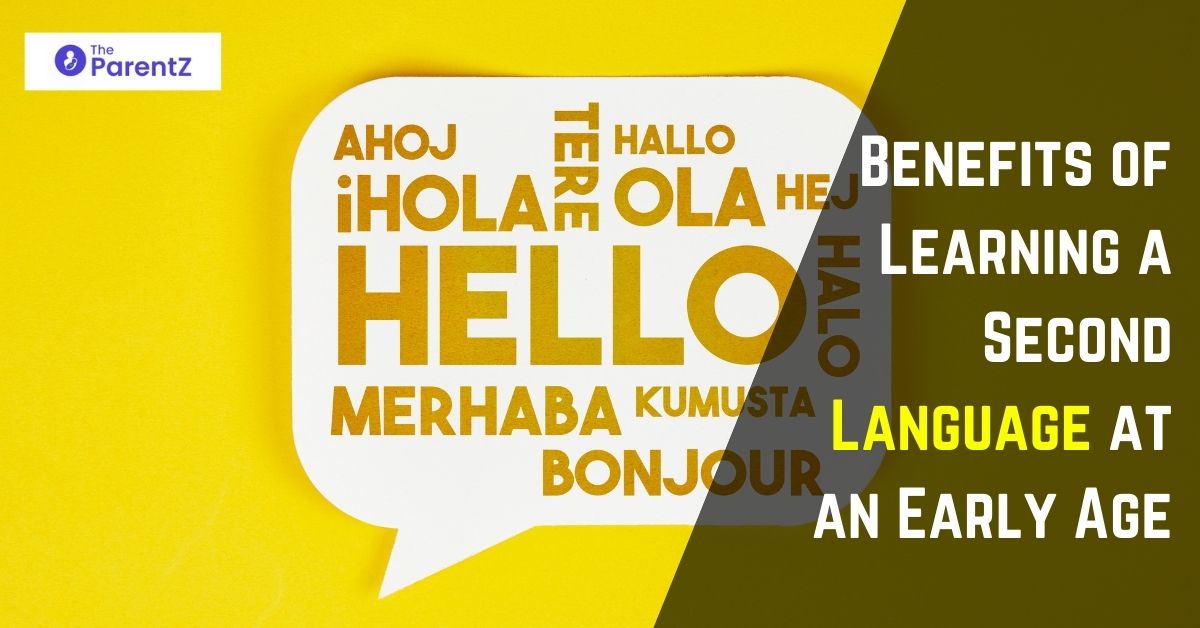Parents often think that children are comfortable with their mother tongue, and it will be stressful to learn a second language. But, the truth of the matter is that when children are exposed to more than one language at home, they get effective cognitive control. The child masters two sets of vocabularies. Learning a second language is beneficial for children in many ways.
Bilingual children have an advantage
How learning a second language can help your child? Being fluent with another language has many advantages. There are umpteen cognitive and social benefits. The child can learn faster as a baby when there is no fear of failing. Give your child a head start.
- The toddler till the age of five uses the same part of her brain to learn a new language as when she learns to interact in her mother tongue. This is a distinct advantage as the effort is lesser than older children who attempt to do the same thing.
- Learning a second language in early childhood boosts brainpower and cognitive skills. The child’s problem solving and critical thinking skills also gets a boost. Mental flexibility and adaptability skills are enhanced. Children have higher levels of creativity and imagination too. This skill set helps them think out of the box and perform well all through life in both work and social settings.
- Children who learn a second language often have better memory and concentration than children who learn only their mother tongue.
- The earlier you start learning a language, the more proficient you become in it. If your child has picked up a second language in early childhood, the chances are that she will learn it faster and in great depth.
- The skills that encourage learning a second language does make children score better in standardized tests. The academic performance is generally sharper, and they are better equipped for reading, writing, and maths. The second language that the child learns helps the child understand life in general. Languages are the gateway to a new way of life, literature, and ethnicity.
- The decision making abilities of a child increases when they are exposed to many languages in infancy. Perceptual sensitivity is enhanced greatly. This can ultimately lead to a better chance of getting a coveted job in the future.
- Children who learn more than one language have stronger attention spans. The child has a better ability to multitask. The child tends to have a bigger brain. The intelligence of the child is challenged and stretched. This is the way forward to improve the cognitive skills of the child.
- Children who are exposed to a second language early in life are culturally more adaptable. They have a more tolerant and empathetic attitude towards other cultures and ethnicities. They have a wider horizon to the world through the second language.
Multilingual children have better interpersonal skills
Why stop at just a second language? It is a good idea to help children pick up smatterings of many languages. This wires their brains towards cognitive development across many facets. The parenting manual, when it is written, should include the inclusion of many languages in the early childhood years.
Parents need to create a space for their children to learn the second language. The parental support is important.





Be the first one to comment on this story.